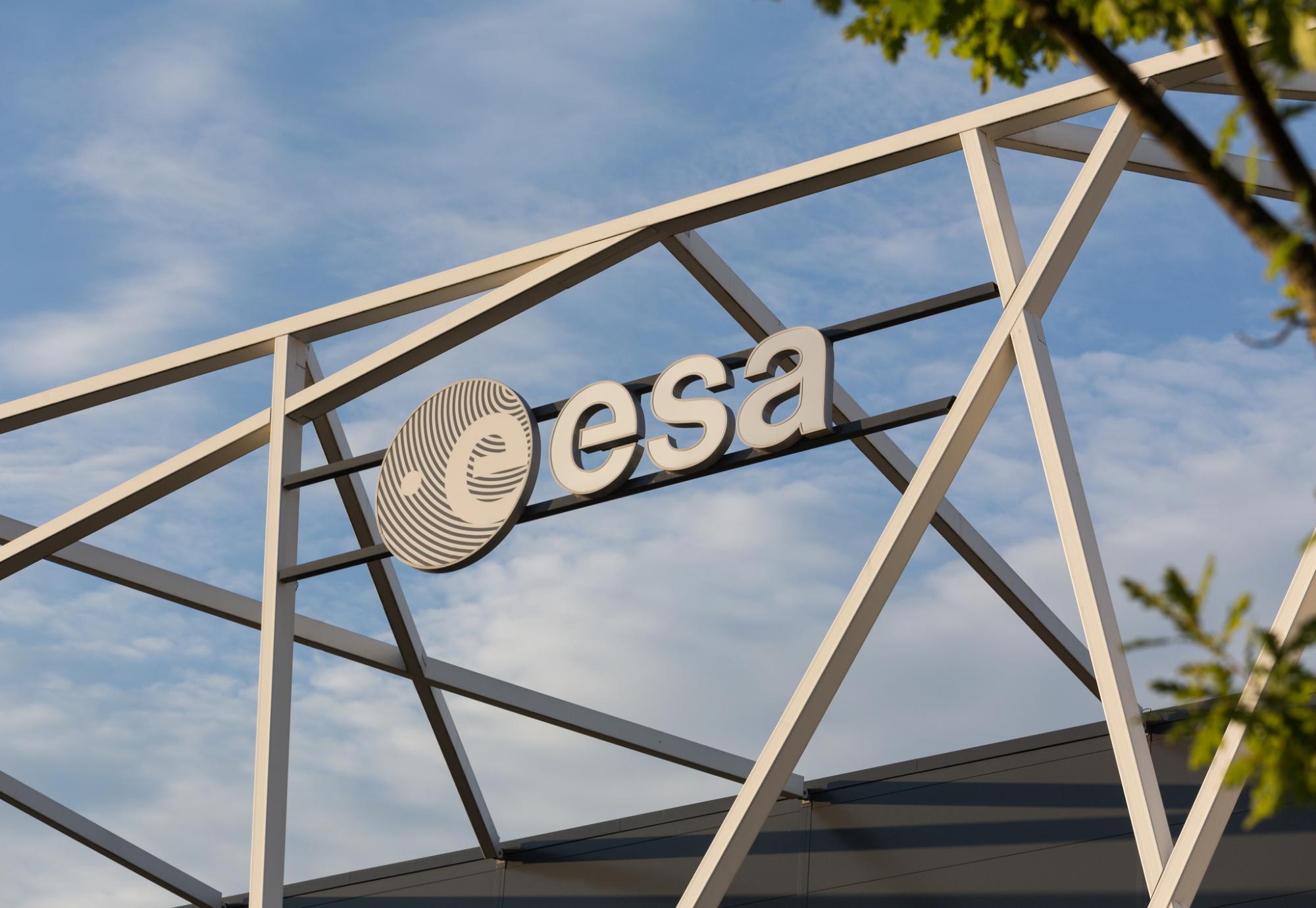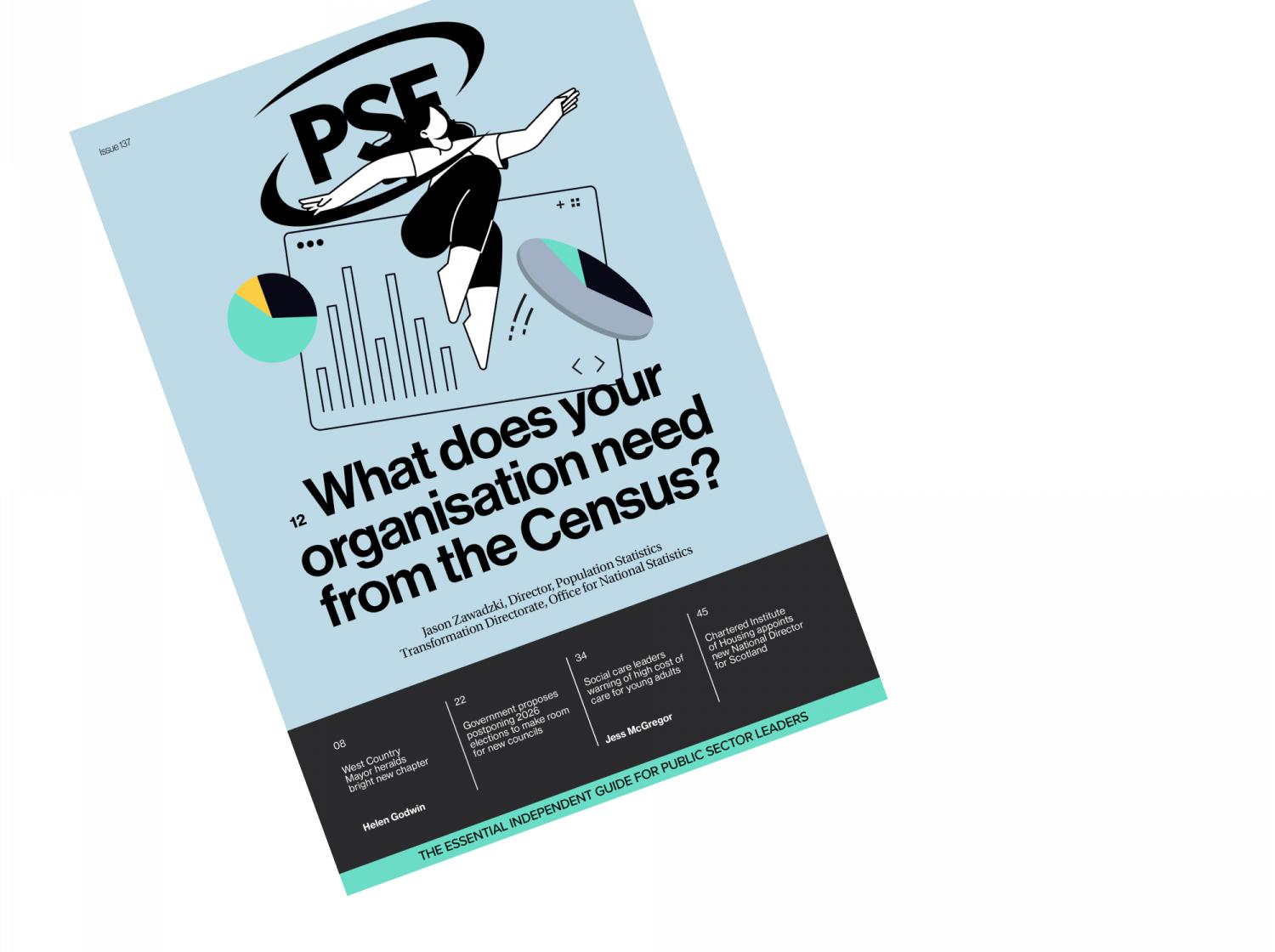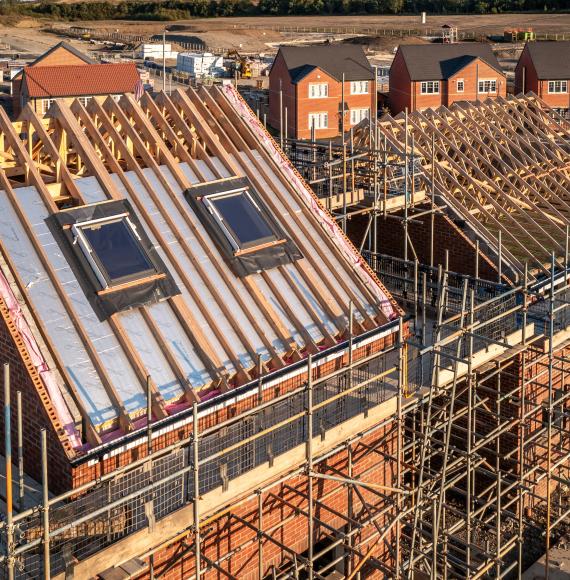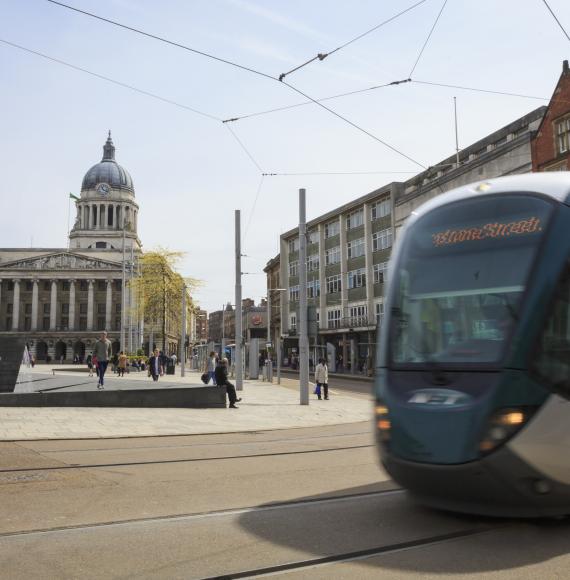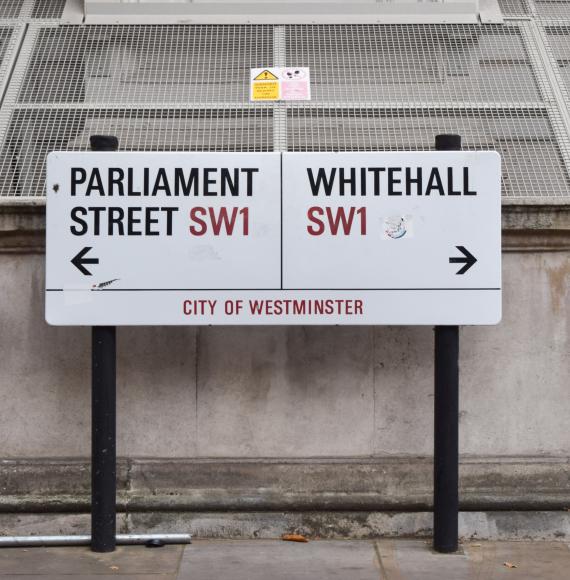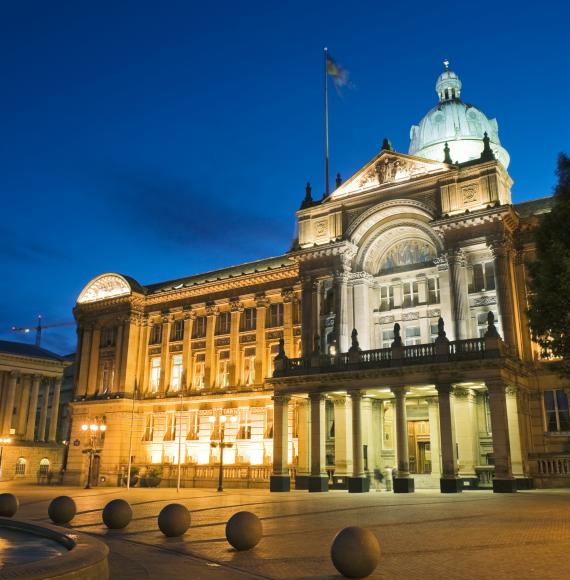The UK Space Agency has announced a £1.7 billion investment package in European Space Agency programmes, strengthening national security, driving innovation and supporting thousands of high-skilled jobs.
Agreed at the ESA Council of Ministers (CM25) in Bremen, this funding increases the UK’s total ESA commitment to £2.8 billion over the next decade, with further pledges expected in 2028.
Every £1 invested in ESA returns £7.49 in direct benefits to the UK economy, with contracts flowing back to UK industry and universities to develop cutting-edge technologies.
Key Investments Include:
- £162m for launch programmes, including the European Launcher Challenge, improving access to space for commercial operators and reducing satellite launch costs.
- £131m for the UK-led Vigil mission, monitoring space weather to protect power grids, satellites and emergency services from solar storms.
- Continued support for Europe’s first Mars rover, built in the UK by Airbus, and the Argonaut lunar lander, securing UK leadership in planetary exploration.
- £261m for high-growth programmes, including direct-to-device satellite systems to boost mobile connectivity in remote areas and during emergencies.
- £511m for ESA’s core science budget, plus £120m for Earth observation, harnessing climate data to improve security and growth.
- £57m for advanced Position, Navigation and Timing (PNT) technologies, reinforcing UK strengths in critical infrastructure.
Liz Lloyd CBE, Space Minister, said:
“Our space sector is a key driver of our economic growth and national security, and also supports our allies in Europe and beyond.
“After these negotiations in Bremen, during what remains a challenging time for economies across Europe, we have secured backing for our priority ESA programmes, which will support thousands of jobs, greater resilience and cutting-edge science and technology across the UK.”
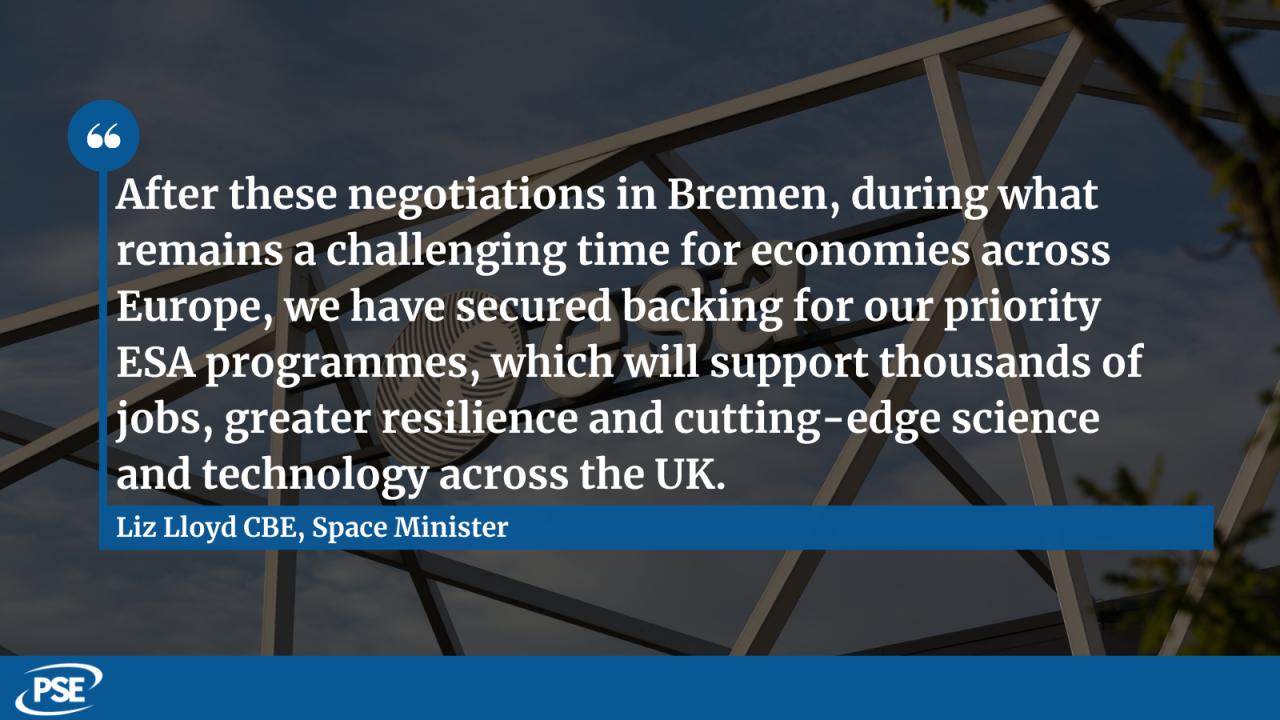
The UK space sector employs 55,000 people, supports 81,000 supply chain jobs, and generates £18.9 billion annually, with satellite services underpinning industrial activities worth £454 billion – 18% of GDP.
This investment forms part of the government’s Plan for Change, ensuring the UK remains at the forefront of global space innovation while boosting economic growth and resilience.
Image credit: iStock

